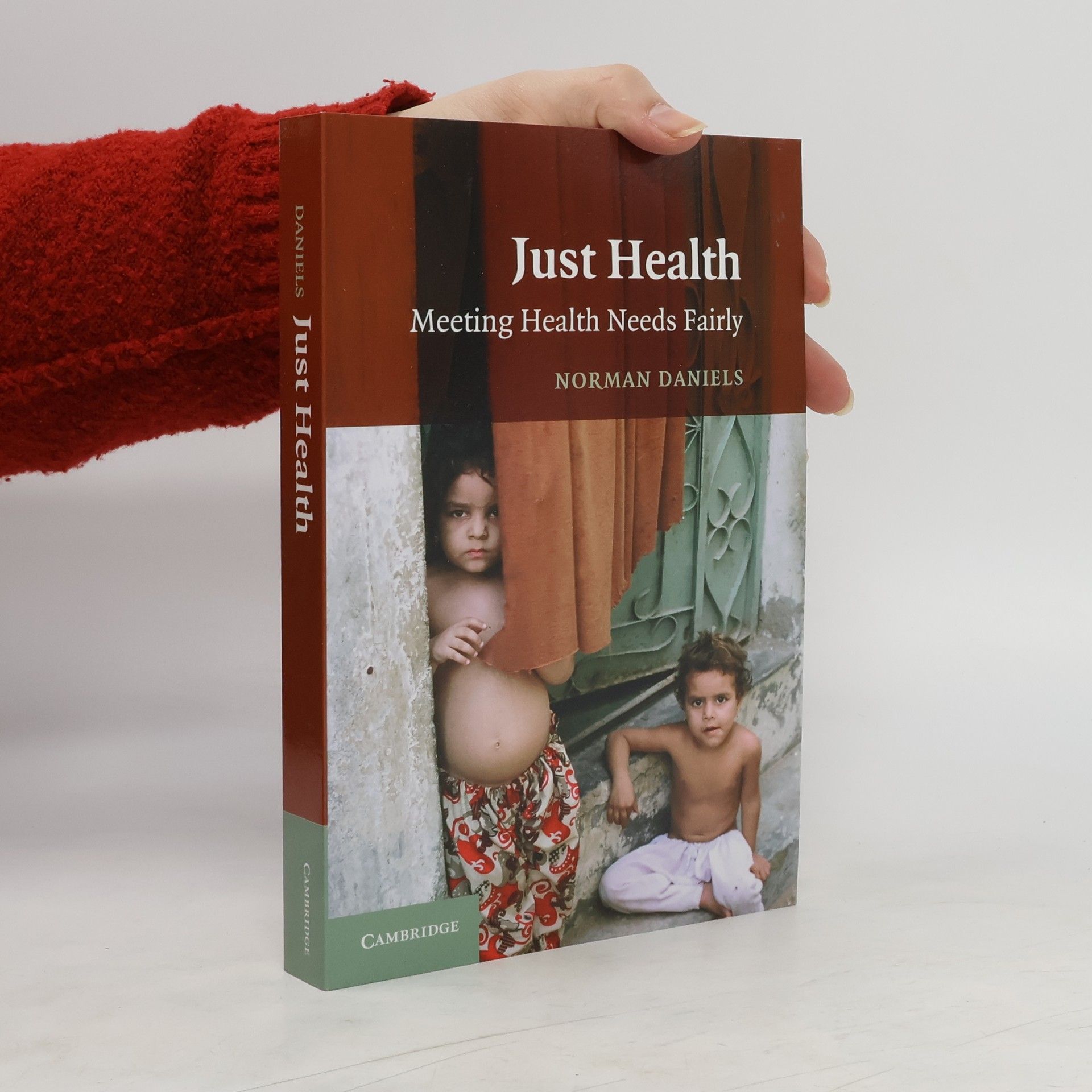Just Health
- 408pages
- 15 heures de lecture
Norman Daniels, author of the award-winning Just Healthcare, develops a comprehensive theory of justice for health.






Norman Daniels, author of the award-winning Just Healthcare, develops a comprehensive theory of justice for health.
Mike Sloan is a jewel thief who has tired of being doggedly pursued by a cop. So he beds the cop's wife and sets her up to take the fall for his next heist. And that's only the beginning of the brutal, cat-and-mouse game, between cop and criminal, in this noir classic. "The book has a promising premise. It's revenge to the nth degree-cuckold the cop, further humiliate him by succeeding with the crime, then railroad his wife to prison. We're talking cruel. It's probably worth taking the plunge." Pulp International
How should medical services be distributed within society? Who should pay for them? Is it right that large amounts should be spent on sophisticated technology and expensive operations, or would the resources be better employed in, for instance, less costly preventive measures? These and others are the questions addreses in this book. Norman Daniels examines some of the dilemmas thrown up by conflicting demands for medical attention, and goes on to advance a theory of justice in the distribution of health care. The central argument is that health care, both preventive and acute, has a crucial effect on equality of opportunity, and that a principle guaranteeing equality of opportunity must underly the distribution of health-care services. Access to care, preventive measures, treatment of the elderly, and the obligations of doctors and medical administrations are fully discussed, and the theory is shown to underwrite various practical policies in the area.